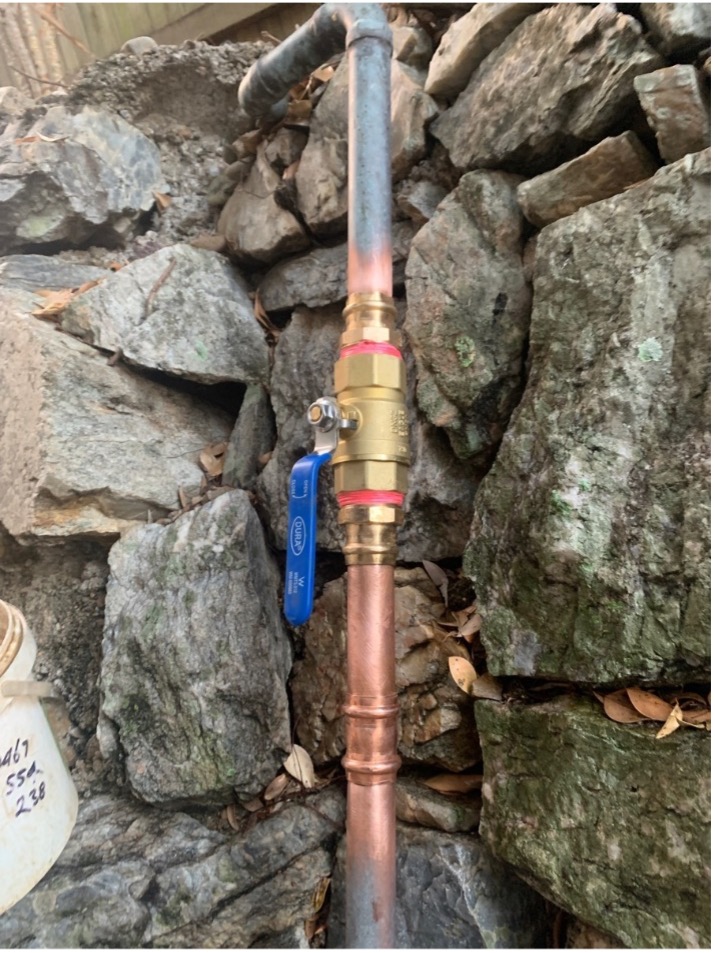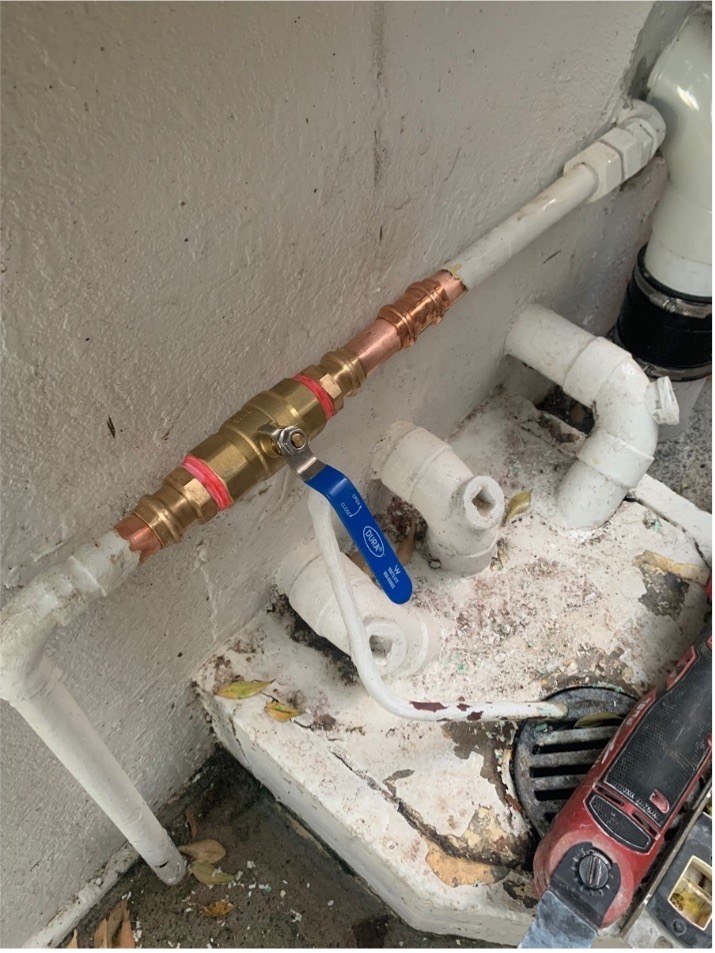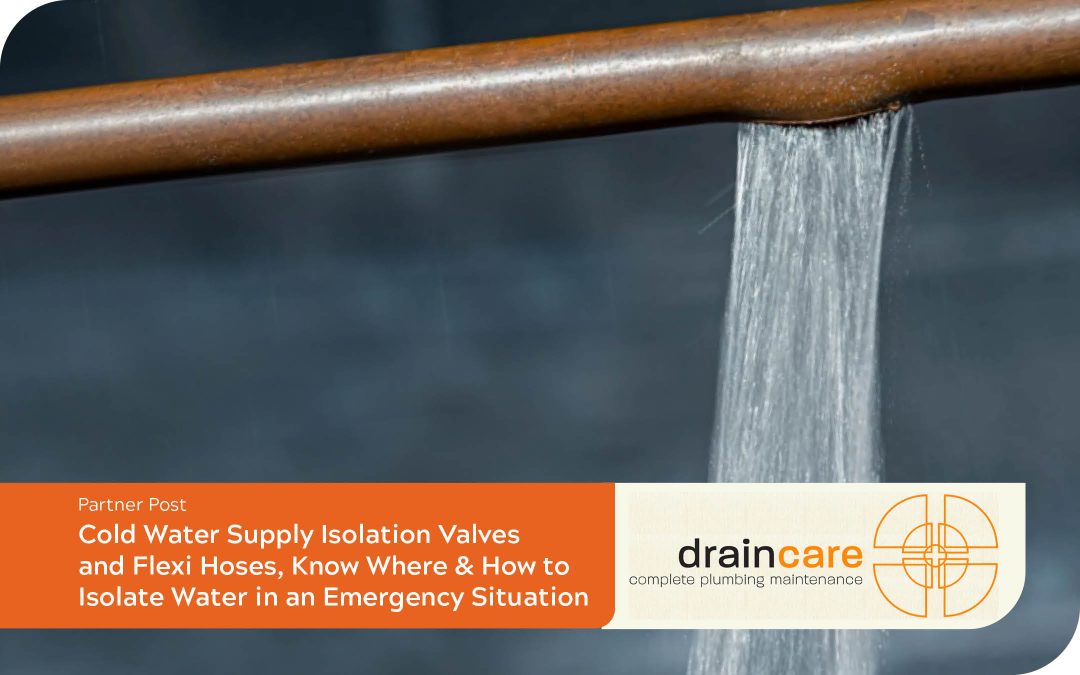In the grand scheme of things, it’s not very often that the cold water supply needs to be turned off to a complex, or an individual dwelling. A kitchen or basin tap change, a toilet upgrade, or renovating the unit or townhouse requires that both the hot and cold water would need isolating in order to disconnect and remove the fixture or alter its location. In an ideal world, small stop taps allow this to happen immediately next to the work area. A single stop tap may be located within the dwelling, where the resident can carry out a cold water isolation, which may also turn off the hot if each dwelling has their own hot water system. In the case of communal hot water, a meter for each unit should be identified and clearly marked as such.
But what if you had to locate, access and isolate the water supply, quickly in an emergency? Much like a fire drill, consideration towards water isolation procedures should also be a serious matter. Flooding of not only the leaking unit, but other units below and beside can occur very quickly if something lets go. Time is of the essence in situations like these, and sadly they happen far too often.
One of the main causes for flooding events within units are due to failing flexible hoses. We have touched on this subject before, but the floods are still happening. As a result, committees are becoming more vigilant with this issue, organising their BC plumbers to inspect all dwellings to check flexi hose condition. They should be slightly flexible when softly pushed, not stiff, and certainly not frayed or rusty. When installed without holding the ends correctly, the internal rubber hose can twist, immediately stressing the material. It is only the stronger braided stainless outer that saves them from bursting. But when the braided outer frays or rusts, the chances of bursting becomes greater. Any flexible hose like these, be it for a flick mixer or toilet hose, should be replaced every 5 years. Sometimes it is just easier to have your own plumber install new taps as a whole, meaning the hoses are new as well. Otherwise if the tap is still in good condition, the flexible hoses can be changed without changing the tap. Either way, the tap would be coming out in most cases, as these hoses are difficult at times to change in-situ.
It is also highly recommended that if at all possible, additional stop valves should be installed at the complex if pipework permits on common property where they can be accessed at any time 24/7. These are handy for not only easy servicing of plumbing fixtures in multiple dwellings, but also in the event of an emergency flood occurrence, perhaps when the residents are not home. If there is any exposed copper pipework relating to the mains water supply, more often than not, valves can be installed quite easily. If an opportunity is seen whilst on site, we always recommend these works to be done for all of the above reasons. In the plumbing world, the more valves the better!
Chris Diggles | Plumber
Draincare Complete Plumbing Maintenance
0467 554 238


